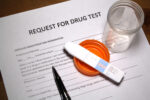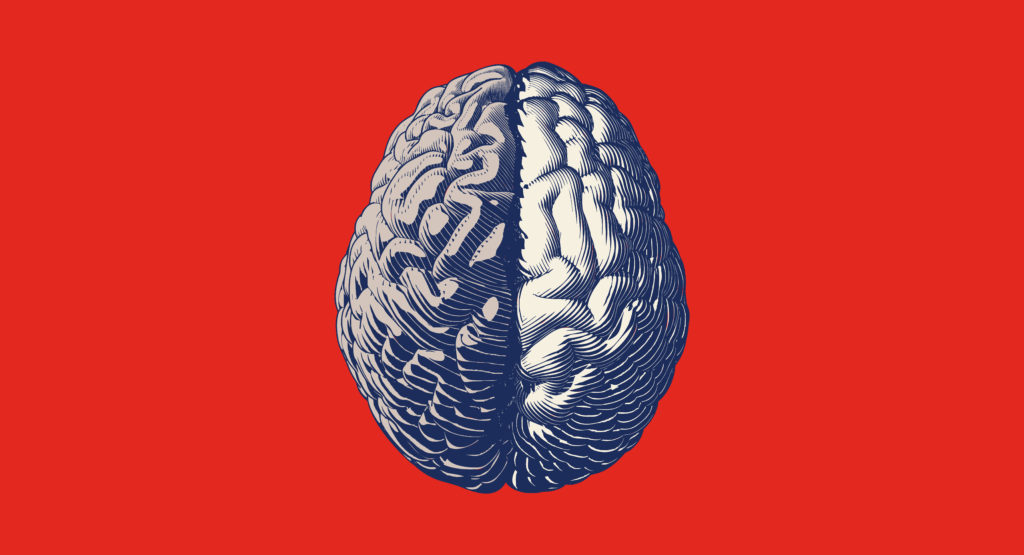Your Guide to Helping Someone Struggling with a Drug Addiction

If you’re reading this, you have likely noticed a friend or family member suffering throughout their drug addiction but you didn’t know how to help. The truth is, facing drug addiction and treatment is infinitely easier with a loved one by your side.
While helping your friend or family member through their drug addiction is important, your support is no substitute for proper addiction treatment. Your role is to act as a supportive advocate, while encouraging your loved one to seek and find professional addiction help.
As simple as it sounds: be there for your loved one
A strong support network can reassure your friend or family member throughout their entire sobriety journey, no matter where they are with their addiction or treatment. During this period in your loved one’s life, they need to know that they have someone they can turn to when addiction and treatment get tough.
Being there for your friend can be as simple as staying in for a movie night, rather than going to a party with a group. It can mean staying up late to converse with a cousin, even if you would rather go to bed. It can mean ordering water instead of a cocktail when you and your loved one go out to dinner together.
Sometimes you won’t know what to say, or you might feel awkward because you can’t relate. That’s perfectly okay. You can serve as a safe place for your friend to turn when they need support.
Look into safe drug addiction treatment options
It may seem counterproductive for your loved one to continue taking substances as part of their treatment, but abruptly reducing the dosage their body is accustomed to can lead to dangerous withdrawal symptoms.
If you are living with a friend or family member in treatment for addiction, you will be in a position to help wean them off of substances by adhering to a specific schedule.
Don’t be discouraged, however, if the process is slower than you might expect. A wean or taper schedule could take several weeks to get the dosage down to zero, reducing in small increments at a time to reduce the chance of severe withdrawal symptoms. Work closely with a healthcare professional to define an appropriate taper schedule, but you can also learn how to administer medication to your loved one at home to stay on track.
Helping someone in your life who is struggling with drug addiction means helping them safely address addiction. While the instinct might be to cut someone off from drugs as quickly as possible, take the time to learn more about your loved one’s specific addiction, substance and treatment plan.
Don’t be afraid to acknowledge setbacks
Addiction treatment is not a linear journey. Some days will be better than others, but addiction does not disappear overnight. Refrain from criticizing your loved one if you learn they have continued to use drugs. Rather, face the situation head-on and ask questions that might better serve their treatment:
- Is something about your treatment not working for you?
- Are you interested in trying a different kind of treatment, either now or down the road?
- How were you feeling before you used substances? How do you feel afterwards?
- How can I best support you during this challenging time? How would you like me to hold you accountable?
If your loved one is made to feel shamed over any setbacks they might experience during their treatment, it may cause them to retreat from sharing anything, or even lose faith in treatment entirely. Let your friend or family member know that they can come to you at any time, even if they slip up.
Celebrate success!
Again — addiction treatment is not a linear journey, but a deeply reflective and personal one. What might seem like a small step to you could be a huge milestone to your loved one. If your friend has gone their first day without using drugs, congratulate them! If a parent has decided to attend their first group support session, ask if you can attend for support as they tell their story.
The choice to seek treatment is a win in its own right, but it does require constant nurturing to be effective in the long run. Cheering your loved one on will make the treatment process that much more important to them, and will serve as a reminder that they are not alone.
Recognize the signs of drug addiction
It cannot be overstated: addiction is not a linear journey. Because of this, your friend or family member may relapse after they have begun addiction treatment. Be on the lookout for signs of drug use, including drug paraphernalia, changes in physical appearance or old habits resurfacing.
How to get addiction treatment help for your loved one
Contact Silver Ridge Recovery today to learn how to help someone in your life through their drug addiction. Give us a call at 855-945-7788 for more information.









